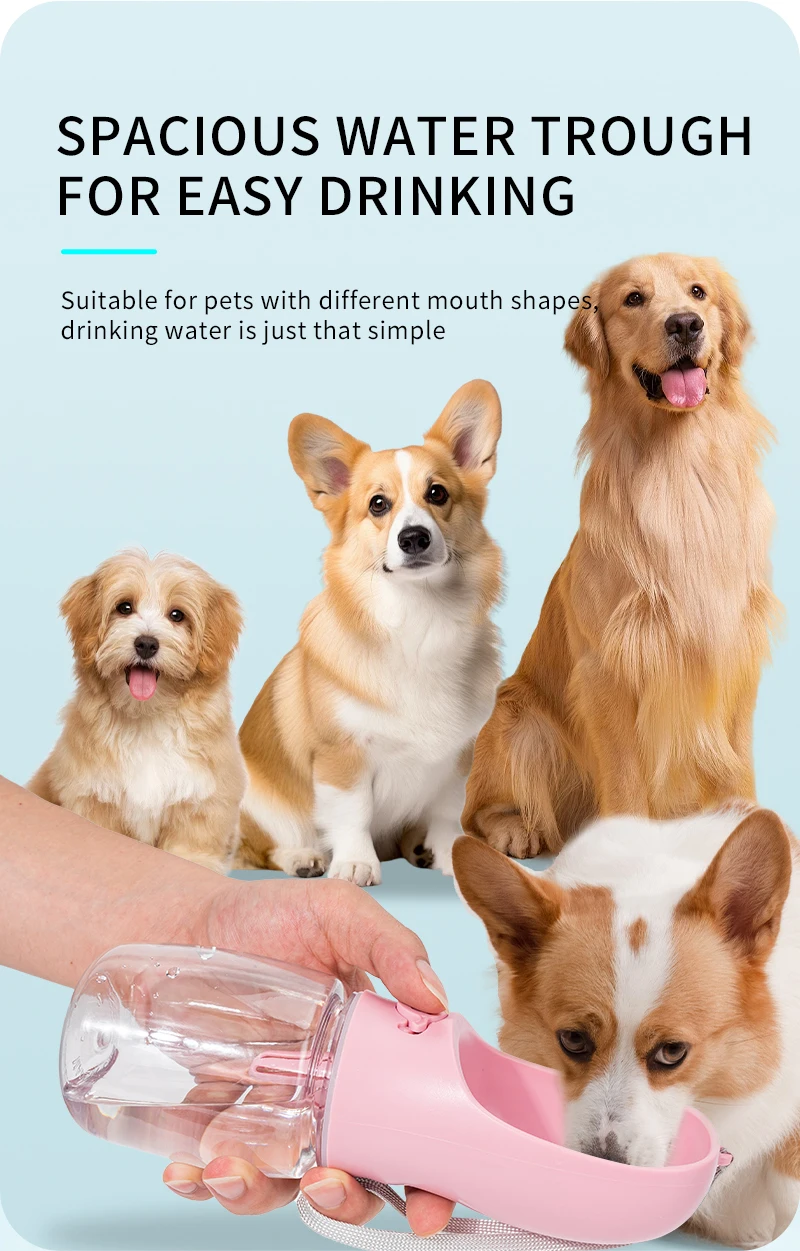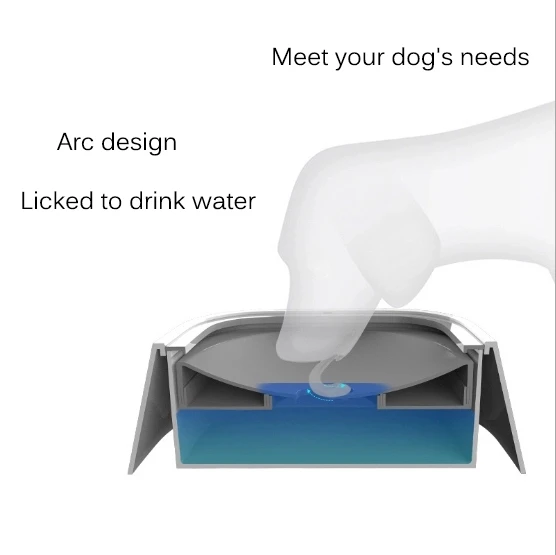Can You Drink Water Before PET Scan: Everything You Need to Know
When preparing for a PET (Positron Emission Tomography) scan, patients often have numerous questions about what they can and cannot do before the procedure……
When preparing for a PET (Positron Emission Tomography) scan, patients often have numerous questions about what they can and cannot do before the procedure. One common query that arises is, "Can you drink water before a PET scan?" Understanding the guidelines surrounding fluid intake can help ensure that your scan is both effective and accurate.
### Understanding PET Scans
A PET scan is a sophisticated imaging test that helps doctors observe metabolic processes in the body. It is primarily used for diagnosing cancer, evaluating brain disorders, and assessing heart conditions. During the scan, a small amount of radioactive material is injected into the body, which emits positrons that are detected by the scanner. The resulting images provide valuable insights into the functioning of organs and tissues.
### The Importance of Preparation
Preparation for a PET scan is crucial for obtaining reliable results. Patients are typically advised to fast for several hours before the procedure, as eating can alter the uptake of the radioactive material. However, hydration is also an essential aspect of preparation, leading to the question: **Can you drink water before a PET scan?**
### Hydration Guidelines

Generally, patients are encouraged to stay hydrated before their PET scan. Drinking water is usually permitted, and in many cases, it is recommended. Staying hydrated can help facilitate the process of administering the radioactive tracer, as well as assist in flushing it out of the system afterward. However, there are some important considerations to keep in mind:
1. **Timing**: While water is typically allowed, it is best to limit intake in the hours immediately leading up to the scan. Most medical professionals recommend avoiding water for at least an hour before the procedure to ensure that the stomach is relatively empty.
2. **Quantity**: Moderation is key. While you can drink water, consuming excessive amounts may lead to a full bladder, which could potentially interfere with the imaging process. It's advisable to drink a reasonable amount of water to stay hydrated without overdoing it.
3. **Check with Your Doctor**: Individual circumstances may vary. It's always best to consult with your healthcare provider regarding specific instructions related to your PET scan. They may have tailored guidelines based on your medical history and the reasons for the scan.
### Other Preparatory Steps

In addition to hydration, there are other preparatory steps to consider before a PET scan:
- **Dietary Restrictions**: As mentioned, fasting is usually required for several hours before the scan. This often means avoiding not just food, but also certain drinks, such as coffee, tea, or anything with sugar.
- **Medications**: Inform your doctor about any medications you are taking, as some may need to be paused temporarily before the scan.
- **Clothing**: Wear comfortable, loose-fitting clothing, as you may need to change into a gown for the procedure. Avoid wearing jewelry or accessories that could interfere with the imaging process.
### Conclusion

In summary, **can you drink water before a PET scan?** The answer is generally yes, but with specific guidelines to follow. Staying hydrated is beneficial, but it's essential to be mindful of timing and quantity. Always consult with your healthcare provider for personalized advice, as they can provide the best recommendations based on your unique situation.
Preparing for a PET scan can be daunting, but understanding the requirements can alleviate some of the stress. By adhering to the guidelines, including proper hydration, you can ensure that your PET scan goes smoothly and yields accurate results. This knowledge empowers patients to take an active role in their healthcare journey, leading to better outcomes and peace of mind.